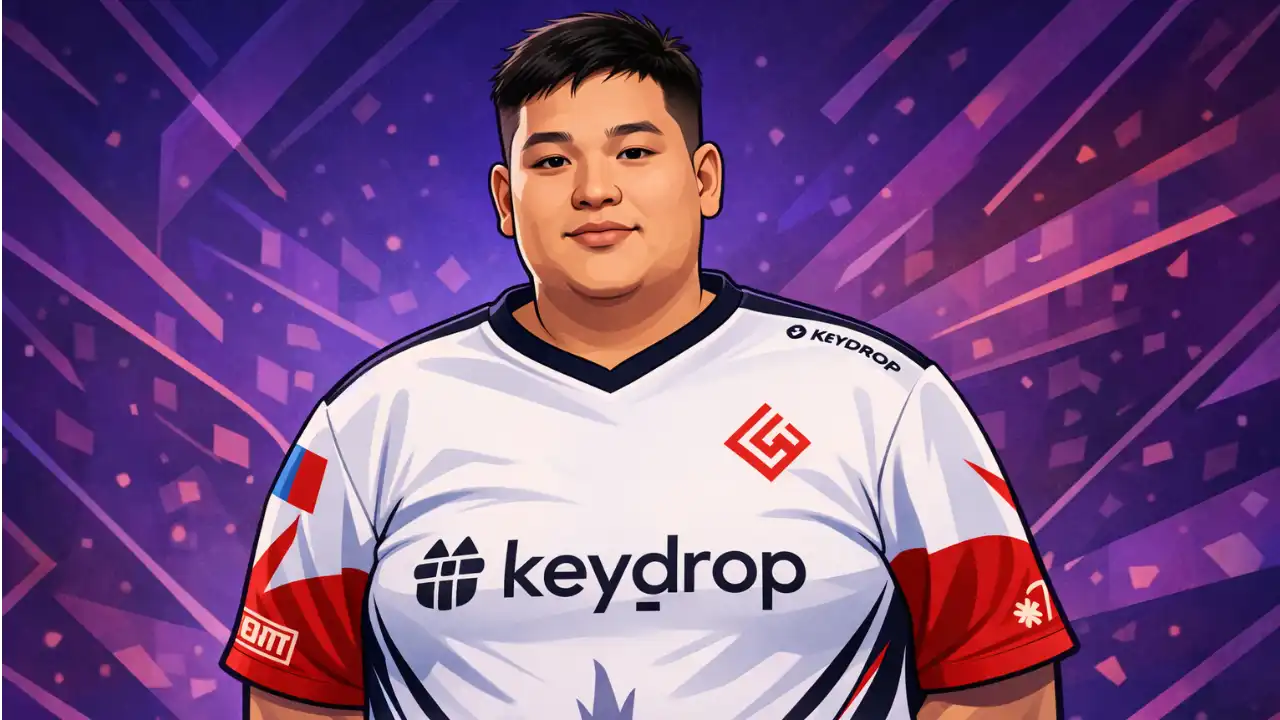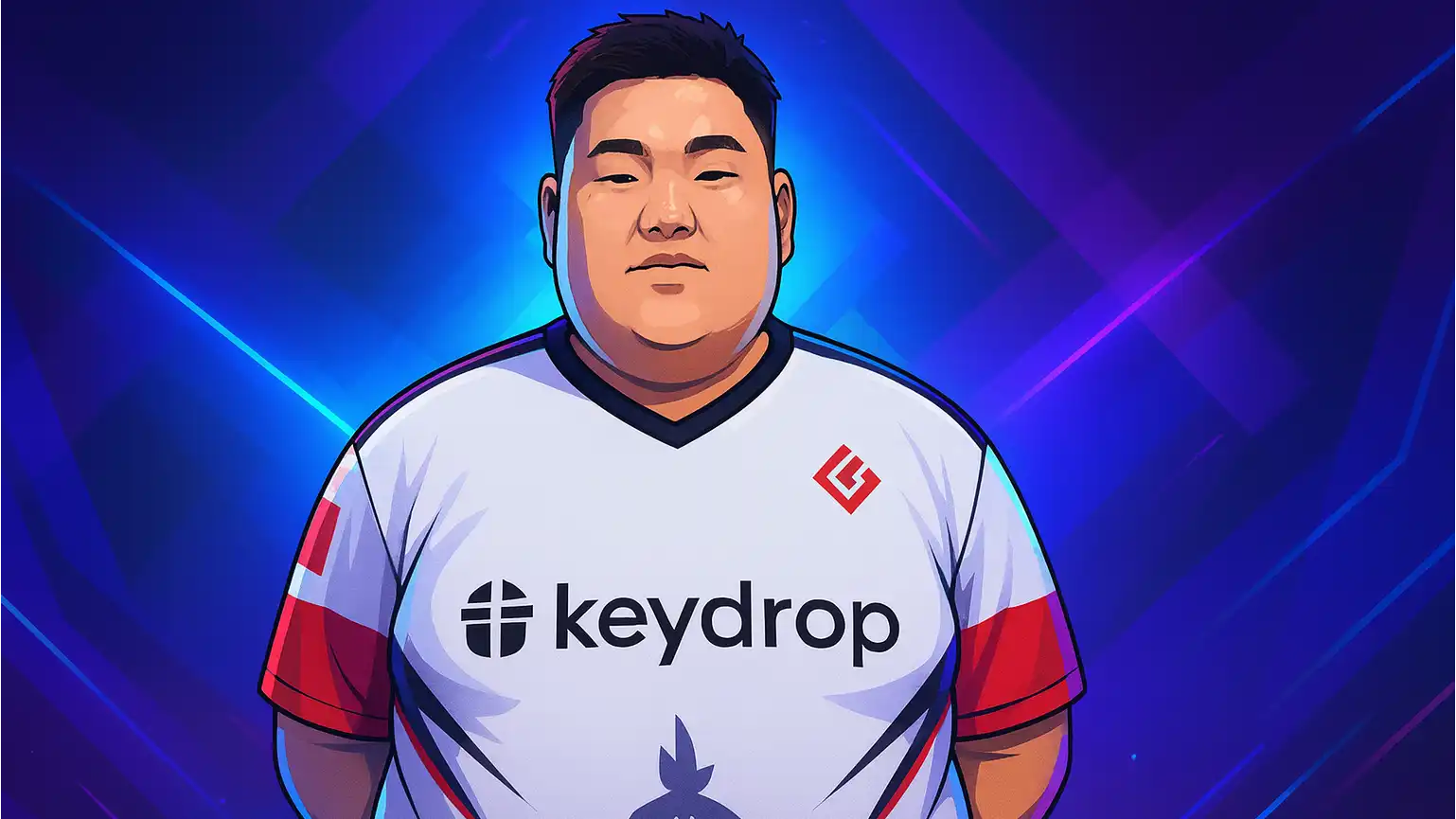“Consistency is the word for us — we have high peaks and terrible matches”

“Consistency is the word for us — we have high peaks and terrible matches”
Lucas “nqz” Soares, the Brazilian AWPer for paiN Gaming, candidly described his team’s internal state as they exit IEM Chengdu 2025. After being eliminated by The MongolZ in the lower-bracket of Group A — notably after squandering a commanding 7-0 lead on the Inferno decider — nqz voiced both pride in the roster’s potential and frustration at its intermittent execution. “I don’t know… maybe wanting to close the game too early. Maybe not communicating well or getting caught off‐guard,” he admitted, referencing the slip against Mongolia’s new lineup featuring Unudelger “controlez” Baasanjargal.
The immediate backdrop
PaiN entered Chengdu with hopes. Their group-stage included some promising flashes, but the loss to The MongolZ marked their exit from the tournament and exposed key issues. The match stats show the gulf between dominance and collapse: paiN held a 7-0 advantage at one point before The MongolZ reversed the momentum and secured the win.
In his post-match comments, nqz laid out the team’s mindset:
“Consistency is the word for us, we have high peaks and terrible matches.”
The comment underlines a self-diagnosed pattern: when they are locked in, paiN look exceptional; when they fall apart, it’s dramatic.
What changed for paiN and why the “peaks vs. troughs” issue matters
A major focal point of the interview was the role change for Brazilian star João “snow” Vinícius. Nqz explained that snow had primarily played anchor and lurker roles since joining paiN, but the team recently shifted him into a more aggressive, freer role to leverage his natural playstyle. “He’s playing amazing… it’s just a matter of time to adjust the rest of the players to his playstyle,” nqz said.
This strategic shift is emblematic of what paiN are trying to build: a high-ceiling fire-power core and a modern approach. But with change comes instability — role adjustments, coordination rewiring, communication tweaks — all increase the risk of inconsistency. Nqz explicitly connects this to their current run of “high peaks and terrible matches.”
Why this moment is significant
PaiN’s elimination may come as a disappointment, but there are deeper implications:
-
Structural growth vs. immediate results: The fact that they are experimenting with roles (snow’s shift) indicates long-term vision, but the short-term cost has been match volatility.
-
Match fatigue & travel issues: Nqz pointed out that the team arrived only one day before their opener, saying the team will use the days ahead to rest, adjust to time-zone, and focus on mental readiness. “Being honest, I think we’re going to use these days just to rest… because we are finding ourselves playing right now, but mixing the fact that we are tired with the fact that we commit so many mistakes.”
-
The MongolZ upset as a mirror: Losing to a roster that debuted with controlez highlights the rise of lesser hyped teams and the danger of pausing at the top of tempo. PaiN’s slip from 7-0 up to elimination exposes how momentum can flip. The statistic sheet confirms the swing.
The challenge of consistency
Consistency in esports is more than winning or losing: it is performing at a high level across multiple maps, being resilient when momentum shifts, and minimizing mental swings. Nqz’s phrasing — “high peaks and terrible matches” — paints the picture of a team whose ceiling is rapidly rising but whose floor remains perilously low.
In modern CS2 competition, teams that can avoid “terrible matches” often make deeper runs. The cause of such matches falls into common buckets:
-
Early momentum lost or leads surrendered (as paiN experienced).
-
Role clarity problems when lineup changes or strategies evolve.
-
Physical/mental fatigue from travel, event load, and compressed turnarounds.
-
Opponents exploiting new looks better than expected (e.g., The MongolZ).
What paiN must do moving forward
From nqz's assessment, the roadmap is clear:
-
Solidify the adjusted role of snow: Ensuring his playstyle fits the system and others adapt around him.
-
Improve mental preparation and recovery: Acknowledging travel and fatigue as factors is wise; they must build routines, rest strategies and reset buffers.
-
Reduce variance: Turn those “high peaks” into a baseline performance. Build habits, communication standards, and less dependent on match-to-match emotional swings.
-
Learn from losses: The MongolZ game should serve as a case study in letting a lead slip and holding after mistakes. In venues where best-of-3s dominate, momentum swings matter.
The broader context in CS2
PaiN’s situation is reflective of broader trends in Counter-Strike 2: rapid roster refreshes, evolving roles, and tactical reinventions have multiplied volatility. Teams are capable of explosive wins, but unless the infrastructure supports consistency, they risk one step forward, one step back. Nqz’s quote resonates widely for that reason — the talent is there, but the engine is mis-firing at times.
Final thoughts
In saying “Consistency is the word for us, we have high peaks and terrible matches,” nqz didn’t aim for melodrama—he offered a concise diagnosis. For paiN, the talent to compete at the top is in place; the challenge is translating it into sustained performance. Their elimination at IEM Chengdu may hurt now, but it also opens space for reflection and recalibration ahead of upcoming events, such as the BLAST Rivals S2 and the looming StarLadder Budapest Major 2025. If they can shrink the gap between peaks and troughs, the next chapter of paiN could lift them into the elite.
In the fast-moving CS2 scene, standout flashes win headlines; consistent excellence wins trophies. Nqz knows it, and now paiN must live it.



.webp)

